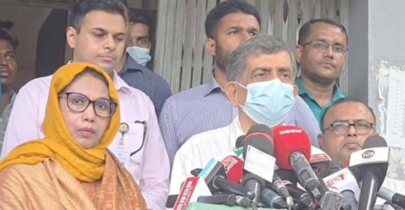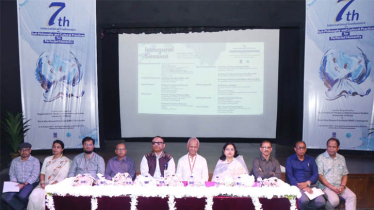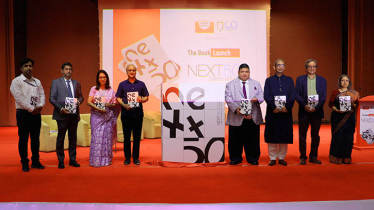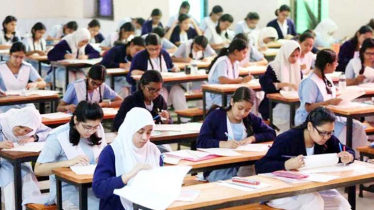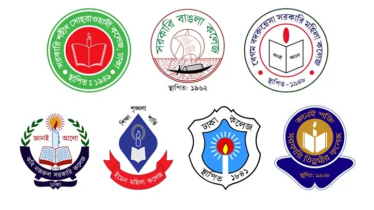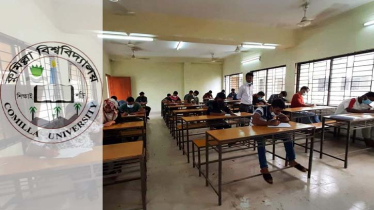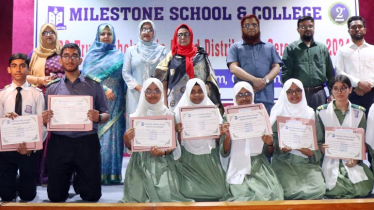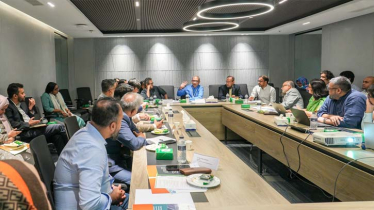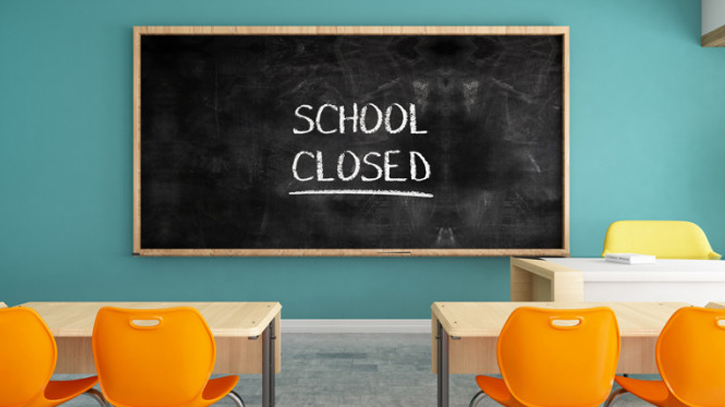
Photo: Collected
The government is considering changing the school holiday schedule to better fit the needs of different areas in Bangladesh, according to National Curriculum and Textbook Board Chairman Prof Md Farhadul Islam.
Currently, all schools across the country have winter and summer holidays at the same time. However, Prof Farhadul said that discussions are underway to implement an area-based system. This would allow students in areas with colder winters, like the northern region, to receive winter holidays at a more appropriate time.
Similarly, a plan is being developed for summer holidays to ensure that schools in flood-prone areas have breaks during the flood season.
Prof Farhadul made these remarks during a national-level learning-sharing workshop of the Gender Responsive School and Community Safety Initiatives project at Hotel Blueberry in the capital's Gulshan on Thursday (21 March).
Speakers share views at a national-level learning-sharing workshop of the Gender Responsive School and Community Safety Initiatives project at Hotel Blueberry in the capital's Gulshan on Thursday (21 March).
The project is funded by Plan International Japan and jointly implemented by Plan International Bangladesh and the Eco-Social Development Organisation.
"Our national weakness is that we are unable to effectively reach many remote and isolated areas," said Prof Farhadul. "Non-governmental organisations are playing a vital role in assisting the government in these areas."
The Gender Responsive School project focuses on reforming the education system so that students can adapt to any situation. This includes making the curriculum of the madrasa education system more similar to the general education system.
While the goal was to bring 30% of madrasa students up to par with general students, Prof Farhadul acknowledged the need for broader educational reform.
"What I like most is that students are now very aware of disaster response, safety, and hygiene after the implementation of this project's activities in the communities," Prof Farhadul said.
"Continued collaboration between the government, NGOs, and our own initiatives will be instrumental in establishing a disaster-resilient and gender-inclusive safe environment for overall community development," he added.
The workshop also featured discussions on challenges faced by the madrasa education system.
Directorate of Madrasa Education Director Md Ziaul Ahsan pointed out the uncontrolled establishment of madrasas in neighbourhoods, often lacking proper hygiene and operating without authorisation.
While the government can monitor madrasas registered under its monthly payment order (MPO) facility, it has limited control over unregulated ones, he added.
He pointed to a Tk. 6,500 crore project launched in 2018 to improve madrasas nationwide. The project provides support to four madrasas in each upazila. This initiative is expected to bring about structural and psychological changes within the madrasa education system over time.
Plan International Bangladesh's Head of Central and Northern Region Programmes Ashiq Billah provided an overview of the project, which directly benefits over 14,428 participants.
The Gender Responsive School project employs a community-level approach, implementing initiatives such as the Community Contingency Plan, Family Disaster Preparedness Plan, and early warning system localisation.
It also organises community awareness programs with mock drills and campaigns, and establishes youth clubs, girls' clubs, and WASH blocks.
Messenger/Mahbub

